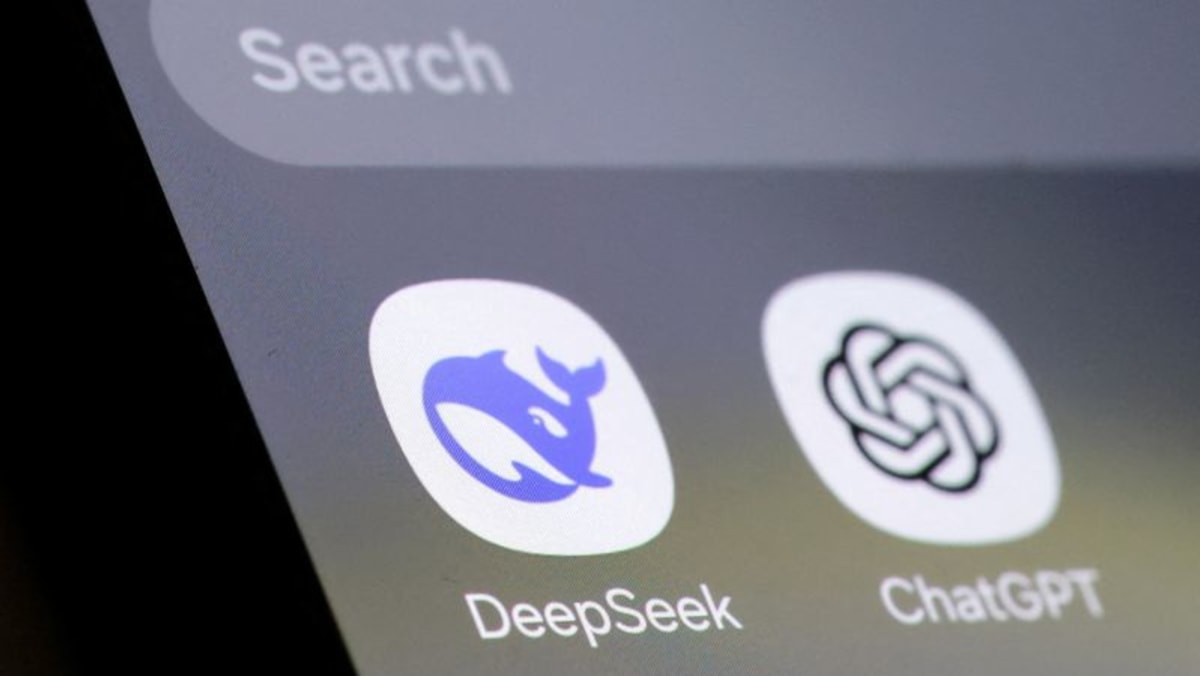BLIND SPOTS EXPOSED
Although there is some dispute about whether DeepSeek has told us the whole story, this episode has exposed “groupthink” within the American AI industry. Its blindness to alternative, cheaper, more promising approaches, combined with hype, is precisely what Simon Johnson and I predicted in Power and Progress, which we wrote just before the generative-AI era began.
The question now is whether the US industry has other, even more dangerous blind spots. For example, are the leading US tech companies missing an opportunity to take their models in a more “pro-human direction”? I suspect that the answer is yes, but only time will tell.
Then there is the question of whether China is leapfrogging the US. If so, does this mean that authoritarian, top-down structures (what James A Robinson and I have called “extractive institutions”) can match or even outperform bottom-up arrangements in driving innovation?
My bias is to think that top-down control hampers innovation, as Robinson and I argued in Why Nations Fail. While DeepSeek’s success appears to challenge this claim, it is far from conclusive proof that innovation under extractive institutions can be as powerful or as durable as under inclusive institutions.
After all, DeepSeek is building on years of advances in the US (and some in Europe). All its basic methods were pioneered in the US. Mixture-of-experts models and reinforcement learning were developed in academic research institutions decades ago; and it was US Big Tech firms that introduced transformer models, chain-of-thought reasoning, and distillation.
What DeepSeek has done is demonstrate success in engineering: Combining the same methods more effectively than US companies did. It remains to be seen whether Chinese firms and research institutions can take the next step of coming up with game-changing techniques, products, and approaches of their own.
Moreover, DeepSeek seems to be unlike most other Chinese AI firms, which generally produce technologies for the government or with government funding. If the company (which was spun out of a hedge fund) was operating under the radar, will its creativity and dynamism continue now that it is under the spotlight?
Whatever happens, one company’s achievement cannot be taken as conclusive evidence that China can beat more open societies at innovation.
